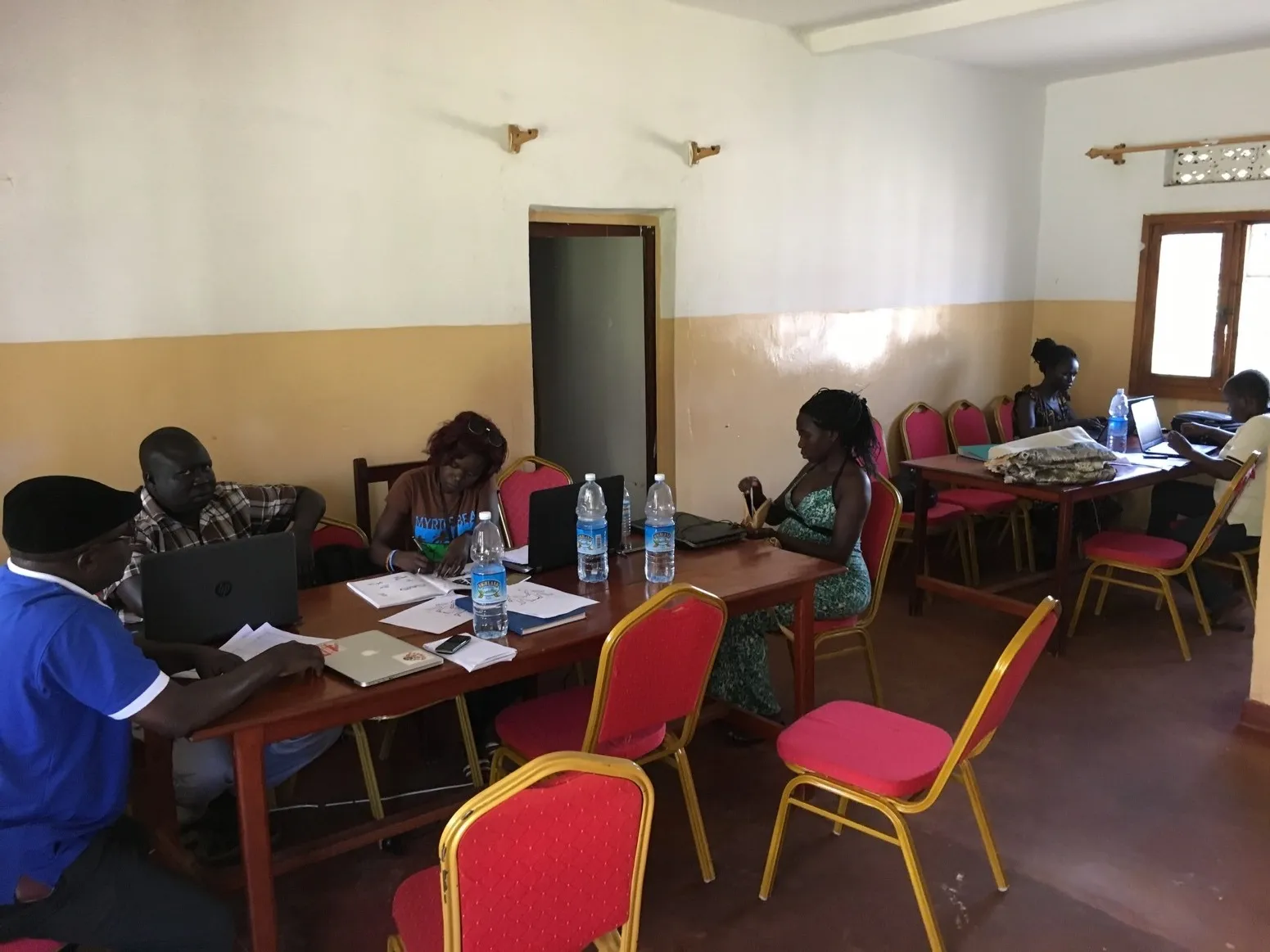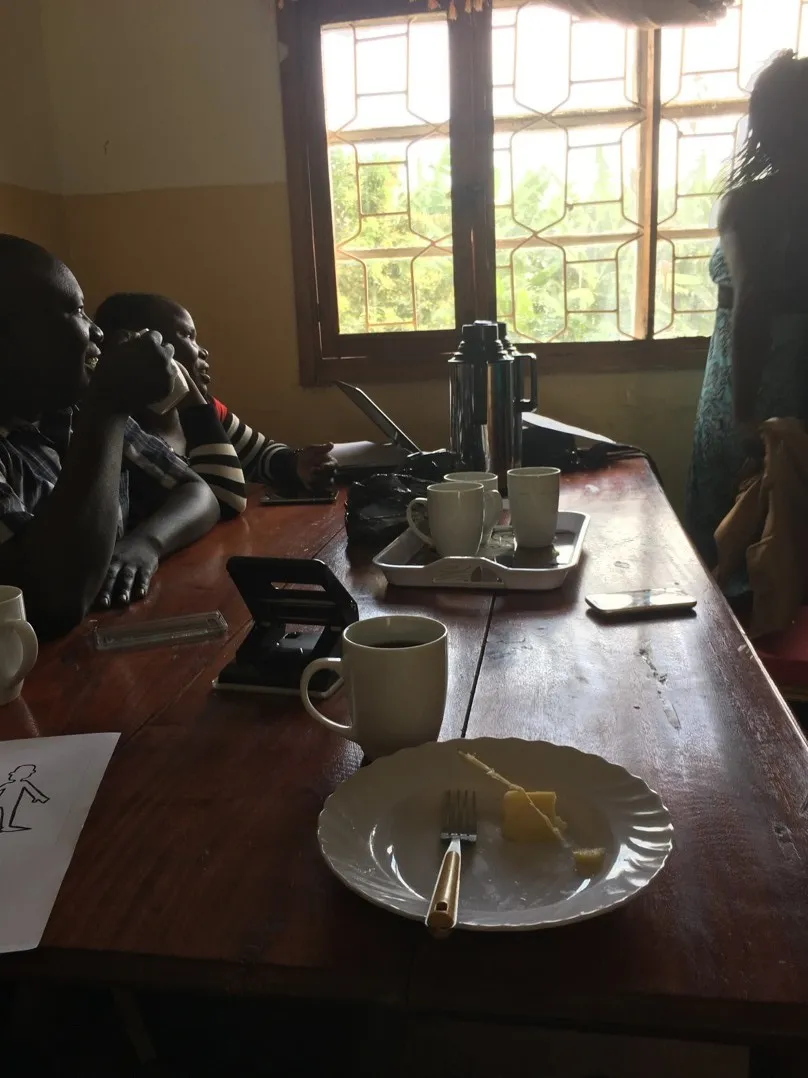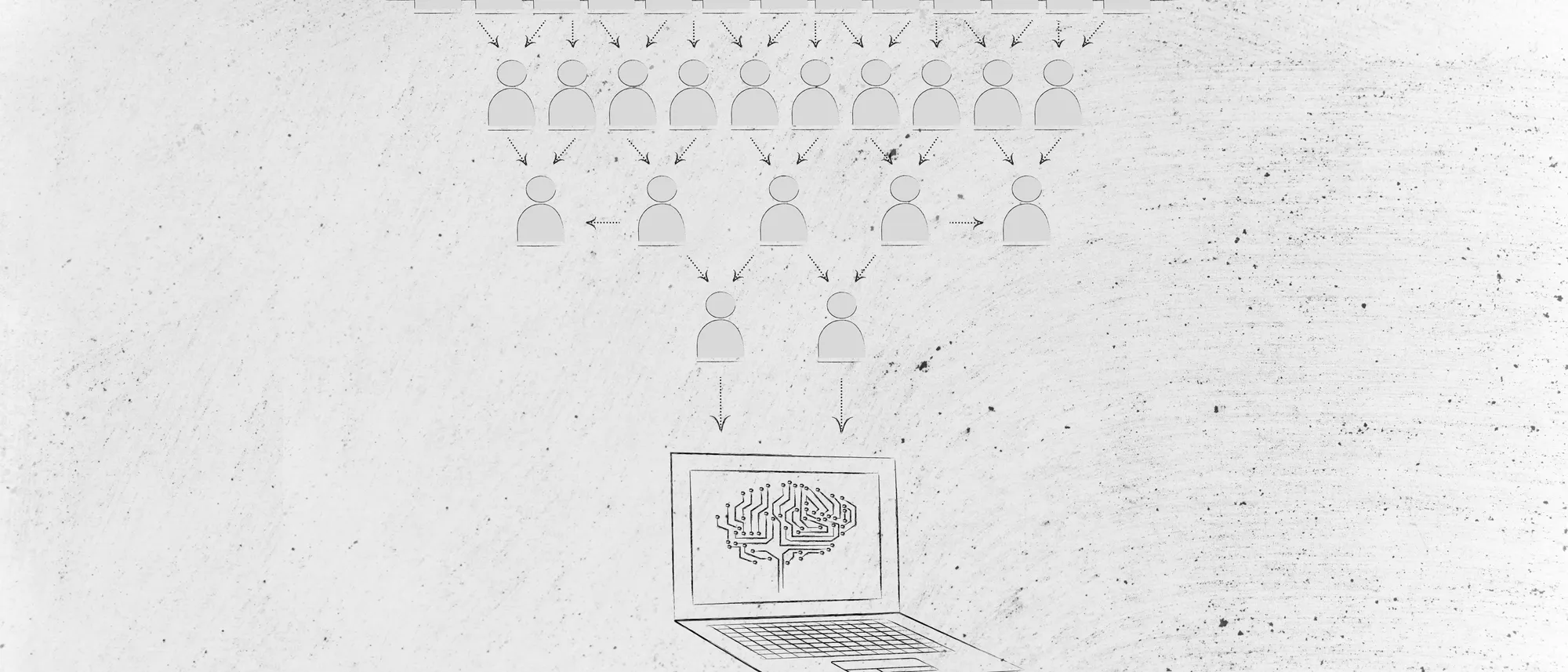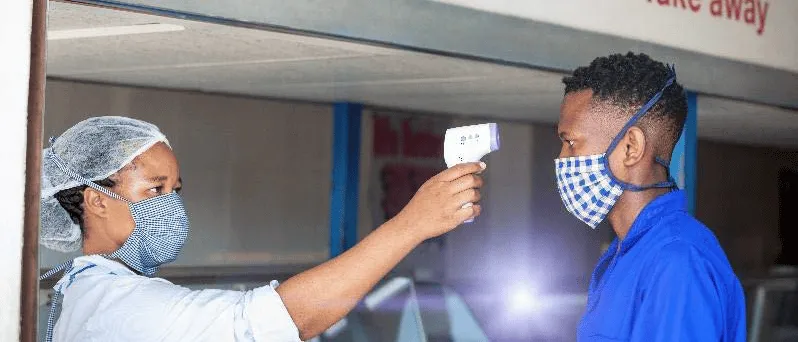SH+ trial completed: what are the next steps?

The Self Help Plus (SH+) Uganda team is pleased to announce that primary data collection for the full-scale clinical trial of SH+ wrapped up with the close of 2017! We are busy preparing this data for analyses. Our initial findings are promising: we seem to see benefits of SH+ on all outcomes related to psychological distress at both follow-up time points (immediately after finishing SH+ and three months later). There are still some additional analyses to run, but the team is already looking forward to the next chapter for SH+.
The Self Help Plus (SH+) Uganda team is pleased to announce that primary data collection for the full-scale clinical trial of SH+ wrapped up with the close of 2017! We are busy preparing this data for analyses. Our initial findings are promising: we seem to see benefits of SH+ on all outcomes related to psychological distress at both follow-up time points (immediately after finishing SH+ and three months later). There are still some additional analyses to run, but the team is already looking forward to the next chapter for SH+.

Working in humanitarian contexts provides a unique set of challenges for researchers and practitioners alike, and this project has been no exception. Refugees from South Sudan are a dynamic population who move around frequently, can be difficult to maintain contact with, and have pressing needs that may limit their ability to consistently participate in a psychosocial intervention. These characteristics challenge the requirements of rigorous empirical research, particularly in randomised controlled trials (RCTs) – clear-cut experimental conditions and frequent reporting from participants. One of the most significant goals for all members of the SH+ team has been to ensure that this intervention is both clinically relevant (eg, reduces psychological distress and improves functioning) and locally feasible. We have wanted to ensure we conduct research on an intervention that care providers from a variety of backgrounds can find of value and can use. We took a pragmatic approach to the randomised controlled trial and evaluated SH+ intervention in a real-world setting - a South Sudanese refugee settlement in Northern Uganda - with all the challenges practitioners in the field are likely to face. Working under these conditions makes finding positive changes in our treatment group all the more exciting.

We came across one such realistic challenge early on in the trial process. In our initial piloting, women were much more eager to participate than men, leading us to decide to focus our trial on female participants. We felt an additional adaptation trajectory was required for men. Thanks to dedicated research and intervention teams, our study with women has proceeded smoothly, but as this trial winds down there are still critical questions left to explore: how can we encourage refugee men’s interest in psychological interventions like SH+? How might SH+ be modified or adapted if we worked with men? How can SH+ be effectively integrated into existing programmes related to alcohol use, poverty, gender-based violence, or other community health concerns? What would SH+ look like in new populations where access to humanitarian assistance might be even more limited?
We are actively looking for opportunities to adapt and evaluate SH+ with men. Men’s psychological distress is linked to hazardous alcohol use, perpetration of violence against women and girls, and household poverty. Reducing refugee men’s psychological distress is therefore a critical link for a wide range of goals of humanitarian agencies. It is important that SH+ be evaluated in diverse socio-cultural settings. WHO intends to release SH+ as an open access intervention after its effectiveness has been shown in two RCTs.
There are exciting challenges and possibilities for SH+ on the horizon. We are happy to have been successful in making an important first step on the SH+ journey. In the long run we are keen to understand how SH+ could be adapted for men, begin more widespread implementation in new contexts, to work with providers in other fields to see how SH+ might be better integrated into other psychosocial care initiatives (eg, economic empowerment, intimate partner violence, or alcohol and drug treatment), and to continue working with communities where need is greatest.
Stay updated
Sign up for our newsletter to receive regular updates on resources, news, and insights like this. Don’t miss out on important information that can help you stay informed and engaged.
Explore Elrha
Learn more about our mission, the organisations we support, and the resources we provide to drive research and innovation in humanitarian response.


